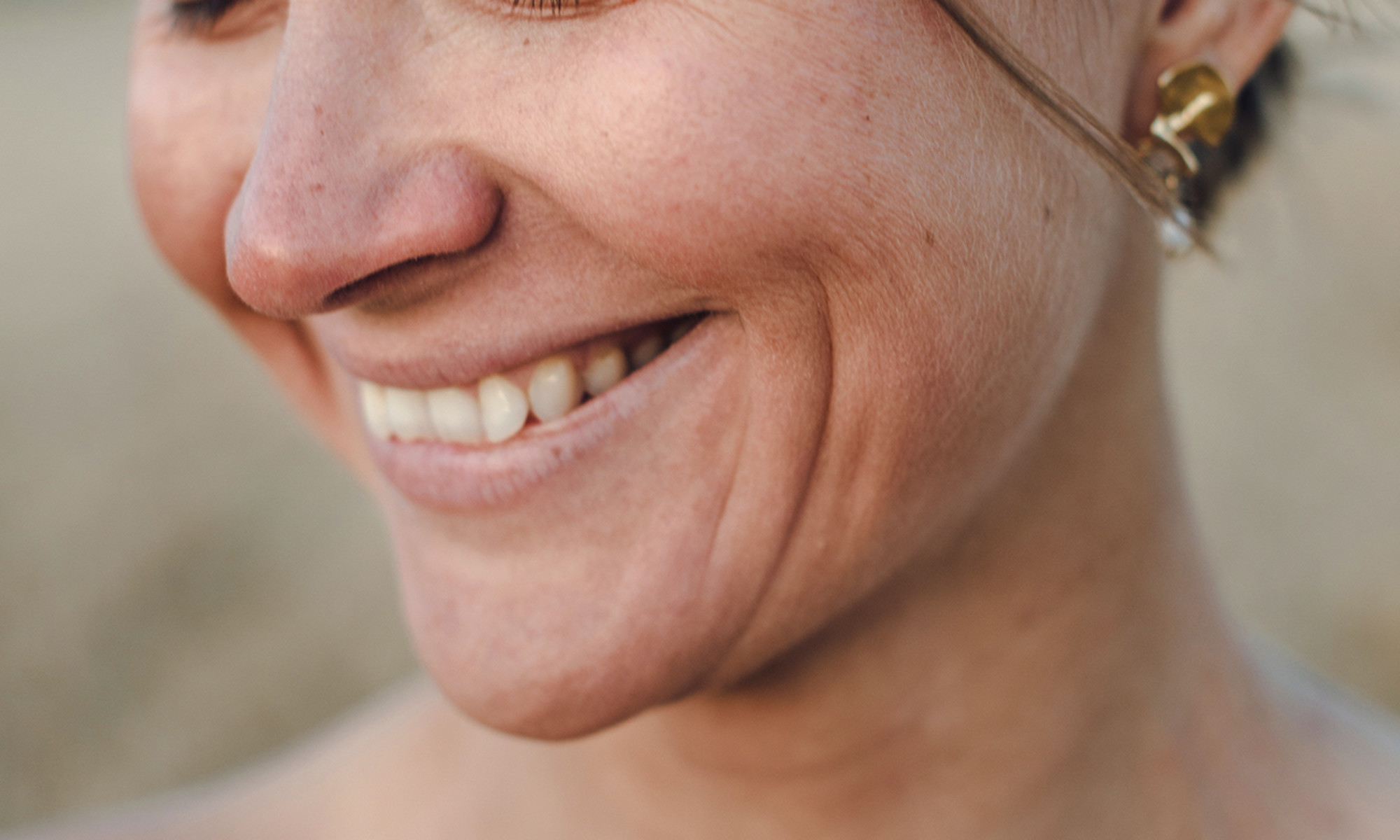‘The Maples’ and Other Poems
Pulitzer Prize winner Marie Howe’s poetry explores what it means to cultivate devotion to the ordinary. The post ‘The Maples’ and Other Poems appeared first on Tricycle: The Buddhist Review.

For Marie Howe, poetry is a form of prayer. “It is a way of quieting down to listen to that still, small voice,” she told Tricycle. “It’s about something ineffable that’s trying to find its way through the poem.”
Howe is currently the poet in residence at The Cathedral Church of St. John the Divine and a chancellor of the Academy of American Poets. Her latest collection, New and Selected Poems, which recently won the 2025 Pulitzer Prize for Poetry, brings together four decades of her writing, from her poignant reflections on grief following her brother’s death during the AIDS epidemic to her more recent investigations into how poetry can help cultivate devotion to the ordinary.
In a recent episode of Tricycle Talks, Tricycle’s editor-in-chief, James Shaheen, sat down with Howe to discuss the role of not knowing in her work as a poet, how poetry helps us keep looking at what’s difficult, why poems are like koans, and what she’s learned from the Christian mystic Meister Eckhart. Read three of Howe’s poems below, and then listen to her discuss the backstory behind each of them in the podcast episode.
***
The Maples
I asked the stand of maples behind the house,
How should I live my life?
They said, shhh shhh shhh . . .
How should I live, I asked, and the leaves seemed to ripple and gleam.
A bird called from a branch in its own tongue,
And from a branch, across the yard, another bird answered.
A squirrel scrambled up a trunk
then along the length of a branch.
Stand still, I thought,
See how long you can bear that.
Try to stand still, if only for a few moments,
drinking light breathing
Jack and the Moon
After driving home through the forest,
I curled into bed to sleep, but Jack wouldn’t let me.
He whined and barked—high-pitched barks I’d not heard before.
No, I said, from under the blanket. No.
Still, he barked and paced and paced and barked, No Jack!
Then yelped strange high yelps, followed by low growls, as if he might,
by the mere scope and scale of his pleading, persuade me,
until I did finally throw off the covers and open the front door
through which he hurried, not to sniff or pee, but to sit on the lawn,
his back to me, a small white dog facing the moon
lit by light so bright I could have read these words within it.
And when I went to fetch him, he scooted farther away to sit
tucked into himself, gazing into the flooded distance.
A very cold night—I stood a while at the open door-calling Jack!
Jack come, come now! (willful, stubborn dog!)
And when he didn’t come, I curled up on the couch,
wrapped in a shawl and dozed for I don’t know how long . . .
then woke, went again to the door and said quietly, Jack.
It was then he turned and came in, cold and calm, soaked with the moon.
What the Living Do
Johnny, the kitchen sink has been clogged for days, some utensil probably fell down there.
And the Drano won’t work but smells dangerous, and the crusty dishes have piled up
waiting for the plumber I still haven’t called. This is the everyday we spoke of.
It’s winter again: the sky’s a deep, headstrong blue, and the sunlight pours through
the open living-room windows because the heat’s on too high in here and I can’t turn it off.
For weeks now, driving, or dropping a bag of groceries in the street, the bag breaking,
I’ve been thinking: This is what the living do. And yesterday, hurrying along those
wobbly bricks in the Cambridge sidewalk, spilling my coffee down my wrist and sleeve,
I thought it again, and again later, when buying a hairbrush: This is it.
Parking. Slamming the car door shut in the cold. What you called that yearning.
What you finally gave up. We want the spring to come and the winter to pass. We want
whoever to call or not call, a letter, a kiss—we want more and more and then more of it.
But there are moments, walking, when I catch a glimpse of myself in the window glass,
say, the window of the corner video store, and I’m gripped by a cherishing so deep
for my own blowing hair, chapped face, and unbuttoned coat that I’m speechless:
I am living. I remember you.
♦
From New and Selected Poems by Marie Howe, copyright © 2024, 2017, 2008, 1998 by Marie Howe. Reprinted with permission from W. W. Norton.

 JimMin
JimMin 
































